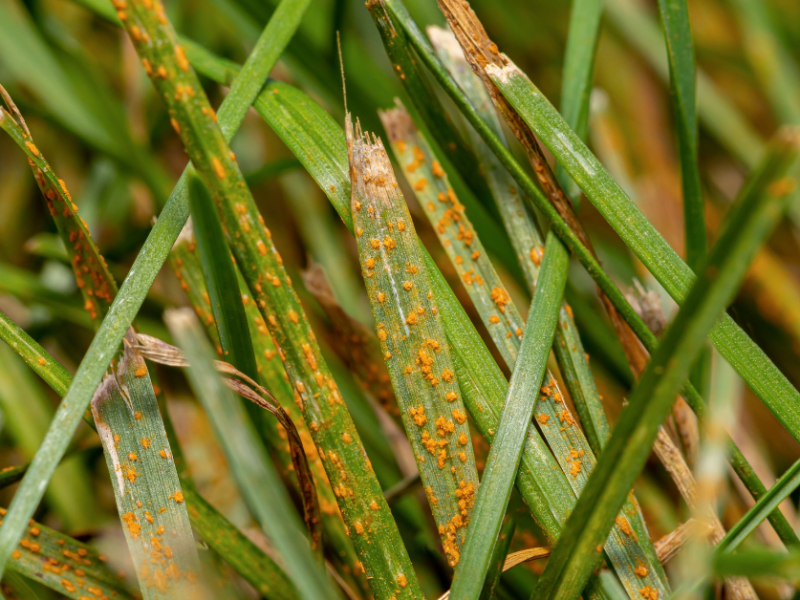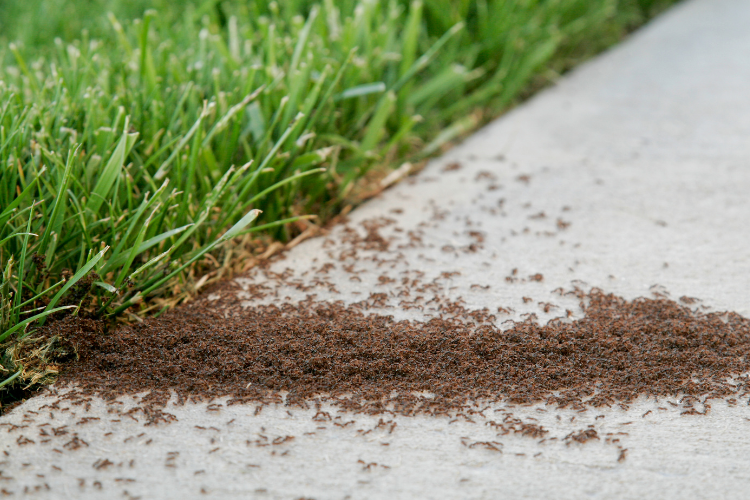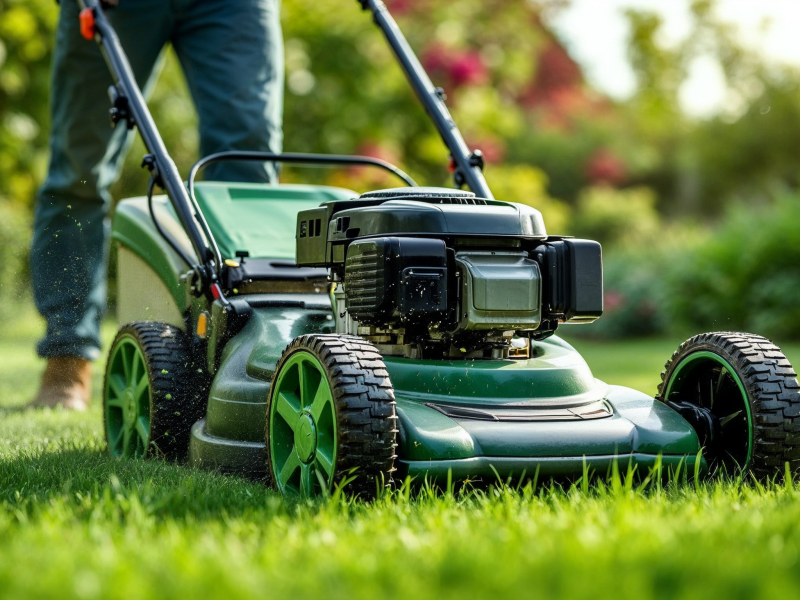At Greensleeves we are your local lawn care experts, devoted to keeping lawns everywhere beautiful and healthy.
This is why we’ve built this FAQ’s page, to answer the questions that we often get asked and give you some useful bits of advice. Lawn care can be complicated, but we are here to help you on your journey to achieving your perfect lawn.
If you don’t find the answer to your questions below, then please don’t hesitate to contact our friendly team – we will be more than happy to assist you in any way we can.
Frequently asked questions
Insect control FAQs
Patches on your lawn could signal a chafer grub or leatherjacket infestation, especially if you notice it during early summer or autumn.
Chafer grubs are generally easy to spot just a few centimetres down into the soil, but leatherjackets can be more difficult to notice. If you spot crane flies – the adult form of leatherjackets – hovering above your lawn during the summer, then that can be a sign that they are laying eggs which will hatch as leatherjackets come September/October.
For chafer grub infestations, June/July is the best time to apply the treatment; for leatherjacket infestations, it’s September/October. These are the two most common lawn invaders we see in the UK and are the ones we specialise in treating.
The good news is, if you have an ongoing lawn care package, our experts can spot the signs of an infestation early and get on the job of treating it as soon as insect control is needed.
Aside from the thought of insect larvae and grubs infesting your lawn being downright unpleasant, these pesky critters can damage your lawn immensely. Our insect control treatment will get rid of your infestation, stopping them from eating your grass roots and killing off your lawn.
An added bonus is that, by getting rid of the chafer grubs or leatherjackets hiding in your soil, you also won’t suffer from digging animals such as badgers or foxes trying to get a tasty meal and wrecking your lawn in the process.
Controlling leatherjackets and chafer grubs in your lawn has been made easier thanks to an insecticide approved for use on personal outdoor spaces, such as private lawns – but only by professionals, such as your local Greensleeves lawn care expert.
We use this specially formulated product to fully remove and control the infestation, and best of all – it’s completely safe, so your family and pets can enjoy your lawn with total peace of mind.
Got any questions that haven’t been answered?
You can contact us via the form on our contact page or by giving us a call. We are here to help your lawn reach its healthiest, happiest state.
You can also find out more about common lawn problems on our lawn surgery page.

Want some free advice for your lawn?
Enter your details here and we’ll send you our free guide on ‘Where to start with lawn care’
Expert hints and tips
Lawn care news from Greensleeves HQ, packed full of inspiration for not only making the most of your lawn but your garden and home.




